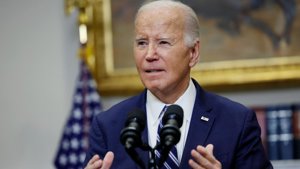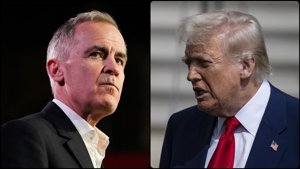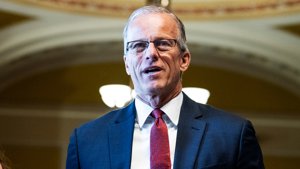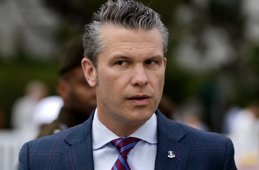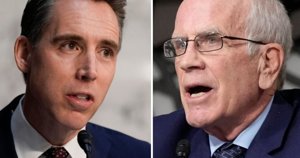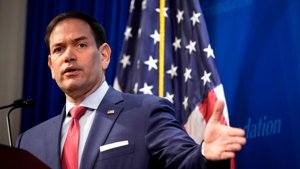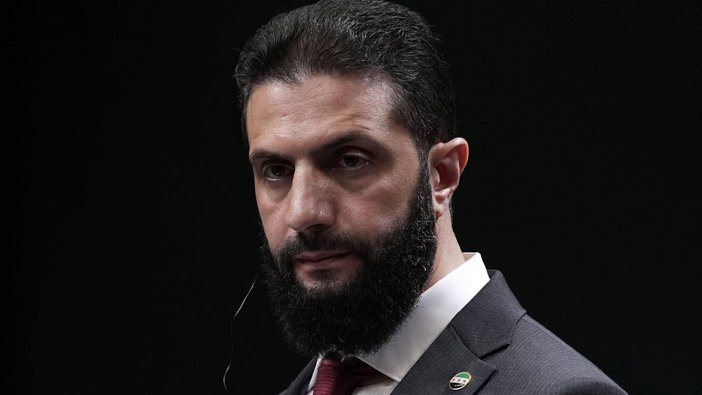
US Lifts Terrorist Label on Syria’s New Leaders
Trump administration lifts terrorist label for Syria’s new leaders, opening path to sanctions relief and global ties.
Major Shift in US Policy on Syrian Governance
The United States has officially revoked the terrorist designation for Hay’at Tahrir al-Sham (HTS), the Sunni Islamist group that overthrew President Bashar al-Assad and assumed control of the Syrian government. The move marks a dramatic reversal in US policy, as HTS and its leader Ahmed al-Sharaa, once the target of a $10 million US bounty, are now recognized as Syria’s new de facto authorities.
The decision was confirmed in a statement released Monday by Secretary of State Marco Rubio, who declared, “In consultation with the Attorney General and the Secretary of the Treasury, I hereby revoke the designation of al-Nusrah Front, also known as Hay’at Tahrir al-Sham, as a Foreign Terrorist Organization.” HTS, originally Syria’s al-Qaeda branch known as Jabhat al-Nusra, had been classified as a terrorist organization by the State Department since 2018. This new policy comes after extensive diplomatic engagement between interim leader Ahmed al-Sharaa and the Trump administration.
From Bounty Target to Diplomatic Partner
Ahmed al-Sharaa’s transformation from wanted militant to political leader culminated in a high-profile meeting with President Donald Trump in June. During talks, al-Sharaa presented sweeping offers: he pledged to open Syria’s economy to the West, ease hostilities with Israel, provide US companies access to Syrian oil and gas, and even proposed the construction of a Trump Tower in Damascus. In exchange, he advocated for sanctions relief and US support for Syria’s post-war reconstruction.
President Trump responded by signing an executive order last week ending several sanctions imposed on Syria. “We’re giving Syria a chance to recover after decades of conflict,” Trump said, positioning the move as a step toward regional stability and economic revival. Treasury Secretary Scott Bessent added that the action would help Syria “reestablish ties to global commerce and build international confidence,” while maintaining restrictions on former regime figures and those engaged in destabilizing activities.
Congressional Role and International Implications
Despite the sweeping executive actions, some sanctions on Syria will require congressional approval to be fully lifted. In a rare bipartisan effort, Representatives Ilhan Omar (D-Minn.) and Anna Paulina Luna (R-Fla.) have introduced legislation aimed at further easing economic restrictions on Syria. US sanctions previously included strict financial penalties on individuals and entities supporting the Assad regime, and a near-total ban on American involvement with Syrian businesses, especially in vital sectors like oil and gas.
The move to legitimize Syria’s new leadership has generated debate in Washington and among international observers. Proponents argue that engagement with HTS and the opening of the Syrian economy could accelerate recovery, while critics warn of risks tied to the group’s origins and ideology. The US government maintains that key restrictions will remain in place to prevent any resurgence of terrorism or efforts to destabilize the region.
As Syria’s new government looks to rebuild from years of war and economic isolation, the end of its pariah status marks a turning point. The coming months will test whether diplomatic outreach and economic integration can bring about lasting stability—and whether Syria’s new leaders can fulfill promises of reform, inclusivity, and peace.

